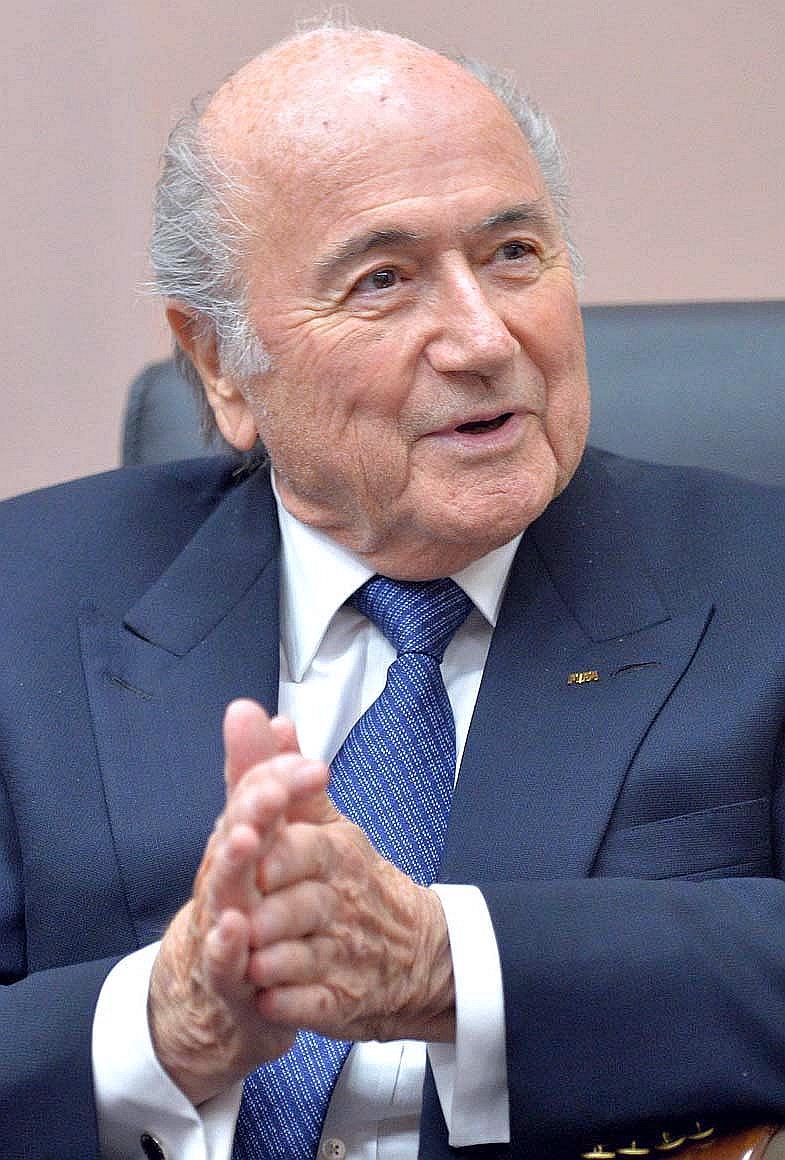In a significant development in the ongoing saga of financial scrutiny surrounding FIFA, former president Sepp Blatter and former UEFA chief Michel Platini have been acquitted once again of charges related to financial wrongdoing. This latest verdict comes from a second trial that has captured international attention, raising questions about governance and ethics within world football’s governing body. Amid mounting tensions and high-profile testimonies, the case has underscored the complexities of sporting administration and the legal intricacies involved in allegations of corruption. As the dust settles on this latest chapter, the implications for both football and the broader landscape of sports governance remain to be seen.
Blatter and Platini Cleared of Corruption Charges Once More as Legal Battles Continue to Shape FIFA’s Legacy
In a significant turn of events, former FIFA president Sepp Blatter and ex-UEFA chief Michel Platini have been acquitted of corruption charges yet again, as their lengthy legal saga unfolds amidst ongoing debates over football governance. The pair faced accusations of financial wrongdoing connected to a controversial payment made to Platini in 2011, which prosecutors claimed was unauthorized. Though, the court ruled in favor of the defendants, citing insufficient evidence to substantiate the claims. This decision raises critical questions regarding the integrity of international football and the enduring implications for FIFA’s reputation as it navigates through a tumultuous period marked by scandals and governance reforms.
The resolution of this case not only marks another chapter in the storied saga of FIFA’s leadership but also highlights the complex intersection of sport and law. As the legal battles unfold, they reveal the ongoing challenges faced by the association in restoring public trust and establishing a legacy free from corruption. key points from the proceedings include:
- Blatter’s Defense: A clear denial of any wrongdoing, emphasizing the lack of intention to defraud.
- Platini’s Argument: The payment was justified and sanctioned within the context of their professional relationship.
- Future Implications: The ruling may set a precedent for how similar cases are judged in the international sports arena.
Implications of the Verdict on FIFA’s Governance and Future Reforms Needed to Restore Trust in Global Football
The recent acquittals of Sepp Blatter and Michel Platini have stirred significant discourse regarding the integrity and governance of FIFA. This verdict, while vindicating the two figures embroiled in allegations of financial misconduct, raises pressing questions about the effectiveness of regulatory frameworks within the organization. Observers argue that the lack of accountability at the highest levels of football administration diminishes the credibility of FIFA and undermines efforts to combat corruption in the sport. The implications of this ruling extend far beyond the individuals involved, suggesting a critical need for a thorough reevaluation of governance structures to enhance openness and restore faith among stakeholders.
In light of the verdict, several reforms must be considered to pave the way for a more reputable FIFA. Key initiatives could include:
- Independent Oversight Committees: Establishing autonomous bodies to oversee financial practices and decision-making processes.
- Enhanced Transparency Measures: Mandating regular public reporting on financial transactions and governance decisions.
- Stricter Compliance Protocols: Implementing rigorous standards that require adherence to ethical practices across all levels of the organization.
In addition, creating a structured framework for stakeholder engagement—where fans, clubs, and players have a voice in governance—could foster a culture of accountability. The path forward for FIFA hinges on these reforms, as it seeks to regain trust in a sport that has been marred by scandal.
Insights and Conclusions
the acquittal of former FIFA president Sepp blatter and former UEFA chief Michel Platini at their second trial underscores the ongoing legal tumult surrounding the football governing bodies. After years of investigations and trials revolving around allegations of financial misconduct, this latest verdict highlights both the complexities of the judicial process and the challenges legal systems face in addressing high-profile cases involving influential figures in the world of sports. As Blatter and Platini step away from the courtroom once more, the repercussions of their time at the helm of global football will likely continue to resonate throughout the sport, prompting further scrutiny of FIFA’s financial practices and governance. With this chapter seemingly closed for now, the global football community can only await the next developments in a saga that has captured the attention of fans and analysts alike.

